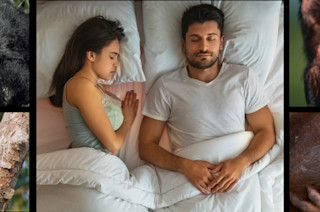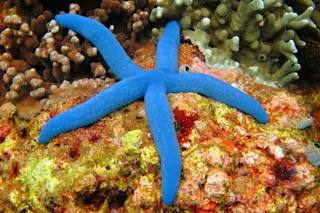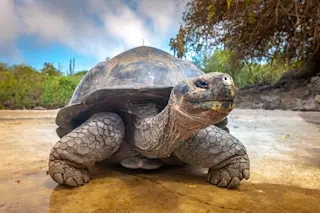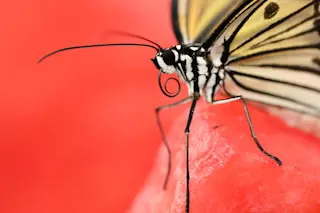Our evolutionary success is usually attributed to our ancestors’ flashiest achievements: upright walking, control of fire, tool use and social cooperation.
“Sleep isn’t generally listed,” says David Samson, an anthropologist at the University of Toronto, Mississauga. “But my bias is it should be ... because it is expressed so uniquely in humans.”
Roughly 8 million years ago in Africa, hominins — the evolutionary branch that includes humans and our extinct ancestors — diverged from other primates. Since that split, hominins evolved distinctive sleep habits still with us today.
First off, we sleep less. While humans average seven hours, other primates range from just under nine hours (blue-eyed black lemurs) to 17 (owl monkeys). Chimps, our closest living evolutionary relatives, average about nine and a half hours. And although humans doze for less time, a greater proportion is rapid eye movement sleep (REM), the deepest phase, when vivid dreams unfold.
These ...















